War criminals attempted to disrupt trial
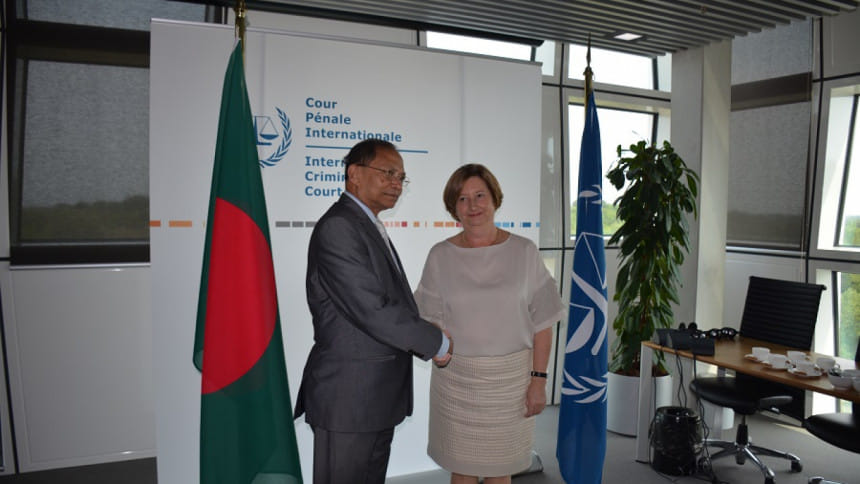
Chief Justice Surendra Kumar Sinha has said war criminals sought to interrupt the trial proceedings through appointing international lobbyists in exchange of money.
They made the attempt when the first International Crimes Tribunal was set up with three Supreme Court judges, he said.
Later, another tribunal was formed to deal with the situation and the war crimes trial gained momentum, the CJ added.
Justice Sinha was in a meeting with President of International Criminal Court (ICC) of Justice Silvia Alejandra Fernández de Gurmendi and its Deputy Prosecutor James Stewart in the Hague of the Netherlands on June 20.
The CJ led a six-member Bangladesh delegation to the meeting, a Supreme Court press release said yesterday.
He said it was unfortunate that war criminals had been involved in trying to destroy evidence and history of war crimes since the country's independence in 1971.
Newspaper reports of that time and some ground-breaking books played an important role in holding the war crimes trial. The newspapers were under the ownership and control of the Pakistanis and their like-minded people, the CJ told the meeting.
He said all the males in a village were killed during the Liberation War in 1971 and later it was named as Bidhoba Palli (village of widows). The widows made statements before the International Crimes Tribunal during trials.
The international crimes tribunals were set up under the International Crimes (Tribunal) Act, 1973 and later, rules were framed with assistance of some international laws, including the Rome Statute, for holding the trials.
After assuming office in 2008, the then government had initiated the process of holding the trials for crimes against humanity and war crimes and constituted the international crimes tribunals, the CJ said.
“It is matter of happiness that although our prosecutors, judges and others concerned had no education and training on war crimes trial, they gained vast knowledge and competence by going through the Rome Statute.”
The accused had maximum opportunity to defend themselves during the trials, he added.
Terming Bangladesh a secular state, Justice Sinha said being a non-Muslim, he himself is a good example of secularism as he has been holding the CJ's office in a country where 90 percent people are Muslims.
ICC President Silvia expressed satisfaction at the war crimes trial system and Bangladesh's support to the Rome Statute.
He said Bangladesh's experience in holding war crimes trial would play an important role in developing its national judicial system.
Justice Sinha visited the Netherlands on July 17-24 at the invitation of Maarten Feteris, president of the Netherlands Supreme Court, according to the SC press release.
The Rome Statute of the International Criminal Court (ICC) is the treaty that established four core international crimes: genocide, crimes against humanity, war crimes, and the crime of aggression.

 For all latest news, follow The Daily Star's Google News channel.
For all latest news, follow The Daily Star's Google News channel. 

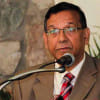

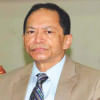
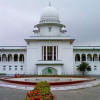
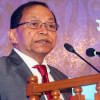


Comments